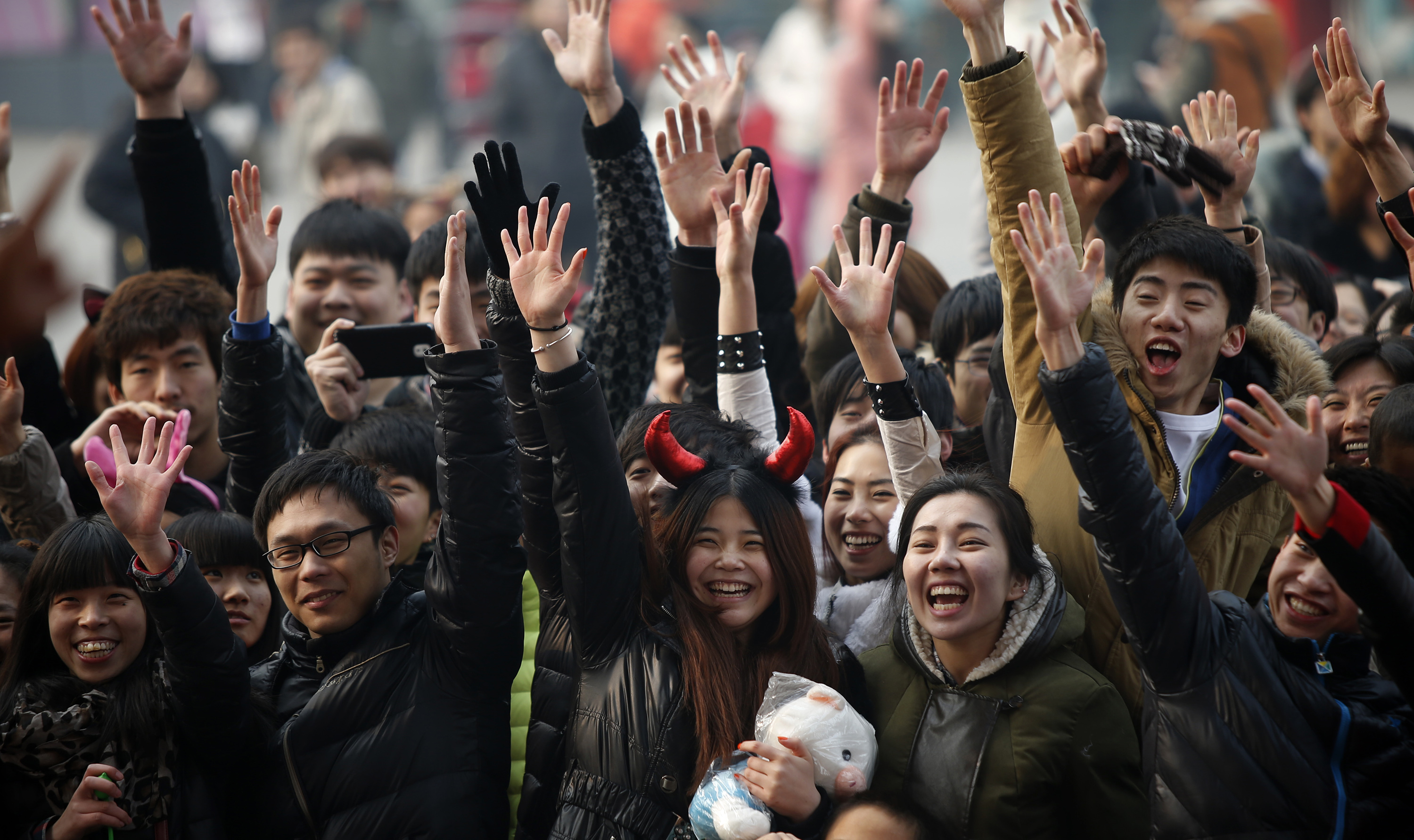What does red eyes mean in China?
Have you ever wondered why red eyes are associated with jealousy in Chinese culture? In Western cultures, the phrase "green-eyed monster" is often used to refer to jealousy. But why the difference?
When talking about jealousy, in Chinese culture, it's common to refer to jealousy as "red-eyed jealousy." This association likely stems from the idea that red eyes represent anger and malice. In Chinese folklore, red eyes are often associated with evil spirits or demons.
On the other hand, in English-speaking cultures, the phrase "green-eyed monster" is used to describe jealousy. This association can be traced back to William Shakespeare's play Othello, where the character Iago refers to jealousy as "the green-eyed monster." Green is often associated with envy and jealousy in Western cultures.
So why the difference in color associations for jealousy? One theory is that color associations are culturally specific and can vary based on historical and societal factors. In Chinese culture, red is often associated with good luck and prosperity, but it can also symbolize danger and anger. Green, on the other hand, is often associated with nature and growth, but it can also represent envy and jealousy.
Another theory is that the association between red eyes and jealousy in Chinese culture may have originated from the idea that jealousy can cause a person's eyes to turn red with anger. This physical manifestation of jealousy could have led to the belief that red eyes were a symbol of jealousy.
Overall, the association between red eyes and jealousy in Chinese culture may be rooted in a combination of cultural beliefs, historical context, and societal norms. While the color associations may differ between cultures, the concept of jealousy remains universal.


